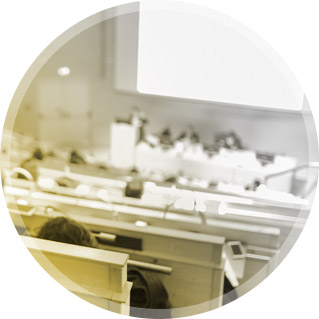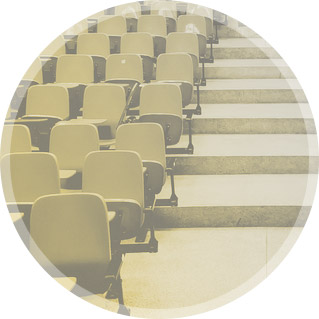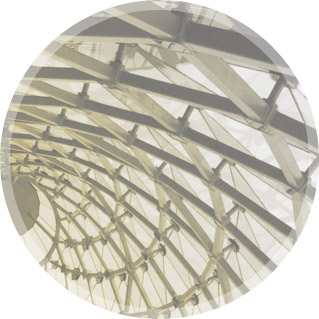The Cooper Union
Irwin S. Chanin School of Architecture
The mission of The Irwin S. Chanin School of Architecture is to provide for its students the finest professional education available within an intellectual environment that fosters and expands their creative capacities and sensibilities and establishes the foundation for a creative professional life. The school is committed to the belief that one of society’s prime responsibilities is toward learning and education in the deepest sense: that the exercise of individual creativity within a willing community is a profoundly social act. Fundamental to the mission of the school is the maintenance of an atmosphere in which freedom of thought and exploration can flourish, where students can explore and utilize their strengths and individual talents, interests, and modes of working to their highest potential.
https://cooper.edu/architecture
Setting
The Cooper Union’s location in New York City, in the heart of downtown Manhattan, provides a stimulating professional, social, and cultural context for the education of an architect, as well as an urban laboratory for the study of design in society. The city’s numerous cultural institutions provide an inexhaustible resource for research and experience outside the studio and classroom.
School Philosophy
At a time when the nature, role and scope of the architect is rapidly assuming new directions and dimensions in both social and technological domains, the school emphasizes the principles of design and their underlying human values. The architecture curriculum is designed to prepare students for a rich array of opportunities in the profession, while offering a broad cultural and intellectual foundation in the liberal arts as they relate to the design of the environment at all scales. The discipline of architecture interpreted in the widest possible sense is seen as a basis for a fully-rounded education at the undergraduate level. Students are encouraged to develop their design skills within a comprehensive framework of studios and courses that stimulate debate and research into all aspects of architecture in society - historical, aesthetic, technological, and political. There is a strong emphasis on the ethical responsibilities of the design professions towards society, and the role of the architect as interpreter and framer of the spatial needs of the community, specifically in the domain of environmental and conservation issues. Participation in student government is an opportunity for further professional and civic development.

Programs
The School of Architecture offers a five-year program leading to the Bachelor of Architecture, a first professional degree. The five-year Design sequence is carefully structured to introduce the student to the principles of architectonics, the investigation of program, site, structures and environmental and building technologies, in a comprehensive and integrated curriculum. The design sequence moves from an introduction to the basic elements of form, space, and structure, to complex institutional design problems in their urban context, culminating in a year-long thesis that demonstrates the student's ability to synthesize a comprehensive understanding of a significant architecture in society. The traditional and essential skills of drawing, modeling, and design development are complemented by a full investigation of the analytical and critical uses of digital technology. The study of world architecture and urbanism is deepened by the understanding of individual cultures, environmental, and technological issues at every scale. The theory of the discipline, past and present, is investigated through the close analysis of critical texts, and is related to the theory and practice of other arts, such as public art, film, and video. The new one-year Master of Architecture II program is a design-research post-professional degree program intended for professionals who wish to continue in practice with higher research and design skills as well as those who wish to prepare for teaching and/or study toward a Ph.D. at another institution.

of Focus
1. Digital Fabrication & Technology
2. Art & Design
3. Digital Design & Visualization
4. Building Technologies
5. Urbanism
6. Materials and Construction

Opportunities

Facilities

Policies
Transfer Policies
You may apply for transfer to The Irwin S. Chanin School of Architecture if:
You have completed at least one year of an accredited architecture program elsewhere by June of the year for which you are applying.
OR by June you hold a bachelor’s degree or the equivalent in a discipline other than architecture.
OR you can submit a portfolio of your creative work and you have begun studies in a discipline related to architecture.
Follow the steps listed here to apply: (https://cooper.edu/admissions/applying-to-cu/transfer-architecture)


